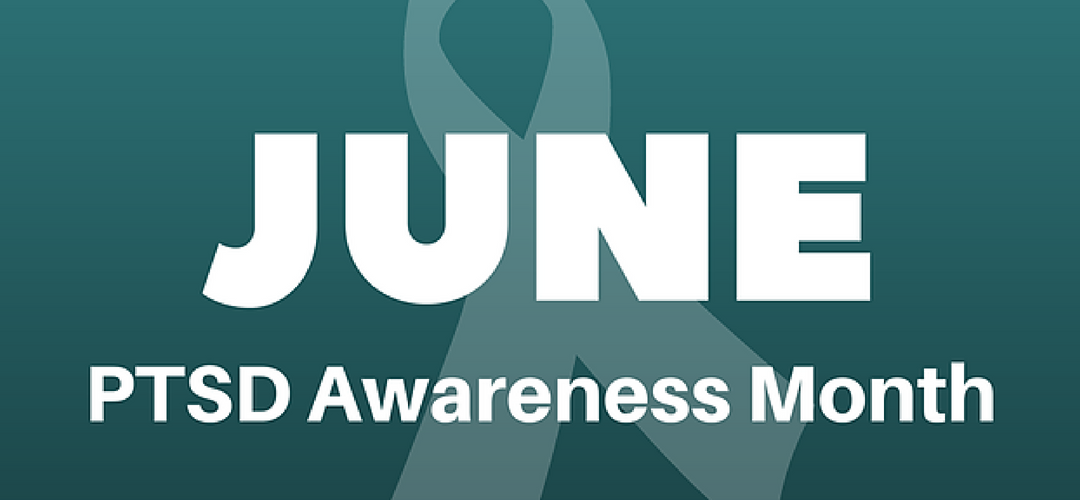Welcome to the time of the year when all your favorite shows dropped at the same time and you feel the need to watch them all at once. This is definitely the case for me!
As often happens, my personal life collides with my professional life and I get to thinking about mental health while lying on the couch at 11 pm, trying to decide if I watch another show or go to bed.
June is National PTSD Awareness Month. It aims to raise awareness of post-traumatic stress disorder, a mental health problem that may develop after a person has been exposed to one or more traumatic events. Traumatic events that may cause PTSD include physical or sexual assault, war-related combat stress, terrorism, natural or man-made disasters, and other threats on a person’s life.
Volume 2 of Dear White People unexpectedly got me thinking about Post Traumatic Stress Disorder. Thanks Netflix for stealing my sleep in more than one way!
Let’s recap the story of Reggie Green (main character of Dear White People) from volume one.
Trigger warning and spoiler alert: potential triggers for PTSD and spoilers for volume one and two.
At a party, Reggie is in an extremely mild confrontation with another (white) student over the use of the n-word while singing song lyrics. Campus police arrive and an officer aims a gun at Reggie while demanding to see his student ID. Both officers completely ignore the other student in the ‘altercation’. No officer is reprimanded or put on leave for the incident.
While watching this, my heart stopped, literally.
In this almost-deadly moment, Dear White People shows the audience something that happens entirely too often on campuses and in our communities. While volume one gives us glimpses of Reggie’s struggle to understand what just happened to him, volume two dives right in.
Volume two alludes to Reggie suffering from race-related PTSD, though no diagnosis is disclosed. Reggie suffers hallucinations of the campus cop pointing his gun at him over and over. The school mandates him to counseling because of the altercation, but Reggie doesn’t get the help he actually needs. He reaches out to university leaders and friends, but ends up pushing them away—not ready to deal with his mental health because he’s frustrated with being in the situation at all.
After trying to handle his feelings by himself, he turns to drugs and alcohol use.
Reggie’s journey is a classic result of untreated PTSD.
He talks about what it means for him:
“Last week, I saw a white lady walking towards me and I crossed the street.”
“I’m a good person, who doesn’t pose a threat, but they see me as one, and that is a threat to me.”
From my personal experience, and according to research, there’s a commonly held belief that minorities (and also men) are supposed to “get over it.” That is, get over emotional, traumatic experiences quickly or else be labeled a whiner or weak.
Oftentimes, minority (and male) characters in the media and on TV shows are portrayed doing exactly this. They experience something dramatic, but are over it by the next episode and are seen as strong and resilient. Dear White People carries Reggie’s trauma over an entire season and portrays the long-term consequences of his experience.
PTSD is one of many mental health disorders disproportionately affecting black persons, according to The National Alliance on Mental Illness (NAMI). Also, NAMI indicates persons of color are more susceptible to PTSD because we are more likely to be survivors of violent crimes.
By showing how Reggie attempts to handle his emotions and get help, the audience sees him as more than a character. He is relatable. The audience understands the event may be “over” and Reggie’s friends have his back, but he is far from over the emotional impact of what he’s been through.
For my professional self, Black Lives Matter is posting a big sign asking viewers to stop telling others to “just get over it.” That goes a long way to reducing the stigma of mental health and helping people who suffer in silence.
For my personal self, it reinforces that I can have someone’s back and still be utterly confused about how to help. Many of Reggie’s classmates seem to pity him as rumors about what happened escalate. His friends, though, are mostly unsure of how to help. In the end, they let him know they will support him through anything.
If that’s the only thing you really get from this review, I know it will also help your personal self and your relationships.
If you’re ready for my real take away, here it is:
PTSD is as multifaceted as our society and it’s refreshing to see a version of it in the media that doesn’t involve fireworks. We should support our friends and family who struggle with PTSD, no matter the initiating event, in any way that lets them know they are not alone.
As I’ve said in many of my pop culture reviews, diversity is needed and the same is true for PTSD stories. People like you and I will not be satisfied that Dear White People is the only show to do it and hopefully the media will hear us. Every story deserves to be heard.


